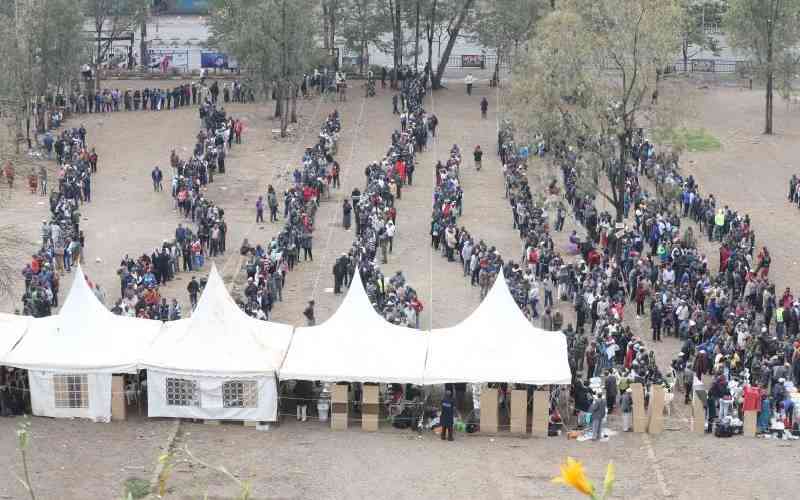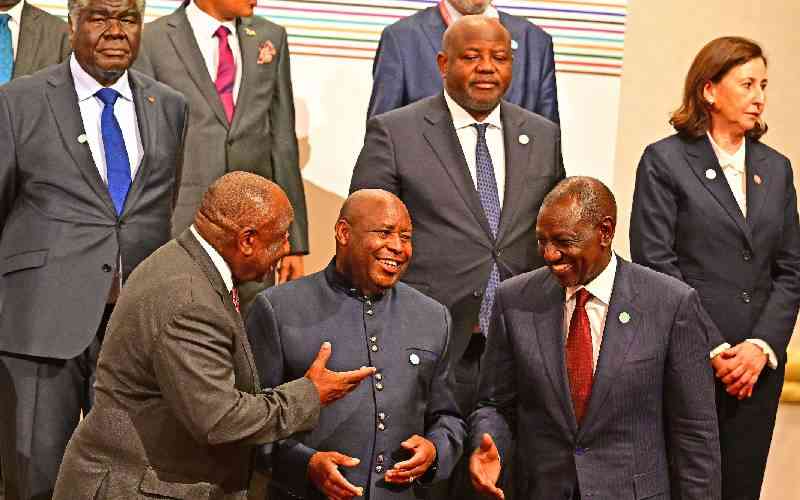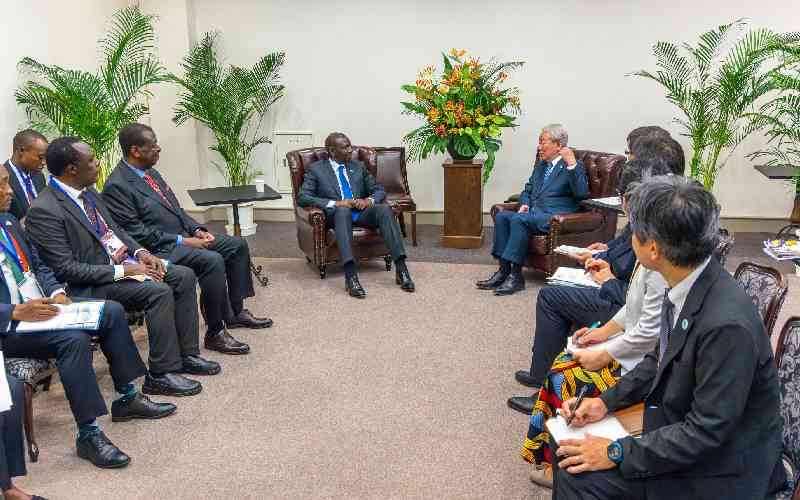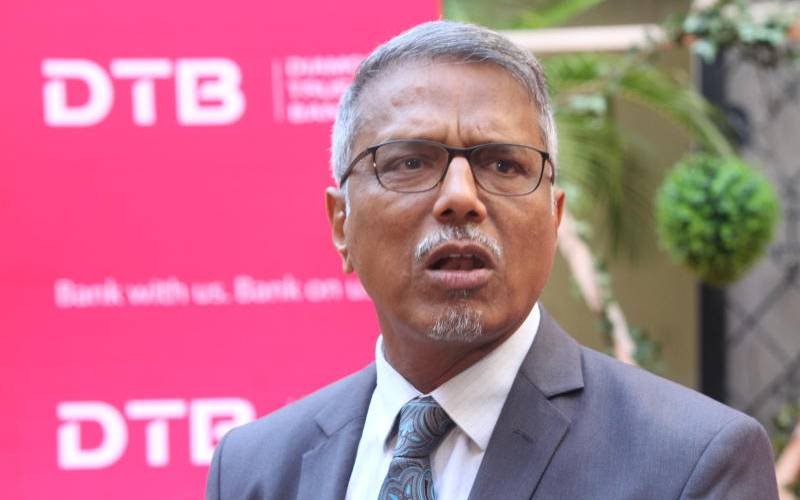
“Reader, suppose you were an idiot. And suppose you were a member of Congress. But I repeat myself.” These were the scathing words of Samuel Clemens—better known as Mark Twain—directed at the politics of his day. He was ridiculing the ineptitude of the American Congress, yet his words easily find a home in our own context today. Like Twain, I often find myself wearied by the thought of irrational politicians lording over otherwise right-minded citizens.
Politics, in its purest sense, is about acquiring power and using it responsibly to shape decisions that foster the prosperity of society. But here at home, we have developed our own peculiar definition—one that leans heavily toward negativity. That is why politics is popularly referred to as a “dirty game.” And because of this perception, we have grown accustomed to extolling poor players who strut and fret upon the stage, while sidelining the clean men and women we fear will be soiled if they dare enter the fray.
We even have a saying for it: Siasa ina wenyewe—politics has its owners. And when these so-called owners emerge, we do everything possible to spruce them up. We dress them in fresh, inspiring looks, supply forged academic certificates if they lack the qualifications, coin catchy slogans, and coach them on public speaking. Overnight, the clowns undergo a complete makeover, courtesy of our willing hands.
But come election day, the same clowns are the ones we flood into our national and county assemblies. It does not take long before the makeup wears off, and the real character beneath is exposed. Astonished by what we ourselves did, we suddenly become weeping philosophers—blaming “the government,” as if we were unaware of its composition. Meanwhile, parliamentarians, who ought to be the voice of the people, sit comfortably in the House, only to remember their grievances at funerals and public rallies, where lamenting earns them cheap applause.
The cost of this cycle is heavy. Services become elusive. Wrong decisions multiply. Our lives worsen by the day. We promise ourselves that we will punish these leaders in the next election. Yet when that moment comes, the “beauticians” in us awake again, eager to groom another set of rabid wolves for office.
True leaders rise because of their superior qualities—integrity, strength of character, vision, and the ability to strategise. One cannot lead by simply following. A leader is entrusted with the mandate to think on behalf of the people—not because citizens are incapable of thinking, but because at any given time, society requires someone to steer the ship. We assume leaders will act in our best interest, even correcting us when our desires are misplaced. In return, we give them honour, respect, and authority.
Yet recent history has betrayed this trust. Pre-Covid, the nation was gripped by the loud and endless noise of the Building Bridges Initiative. Politicians campaigned feverishly, each vowing to defend their corner with blood and sweat. I was struck by how much untapped energy they seemed to possess. Then Covid-19 arrived. Economies collapsed. Public debt ballooned. A serious Parliament would have seized the moment to ensure that every available shilling was spent wisely. But what did we see? Leaders gallivanting across the country, spending colossal sums on endless rallies, while crying that resources were scarce.
This contradiction remains glaring. If money can be found to fund relentless political campaigns, why is there never enough to properly finance hospitals, schools, or roads? The truth is painful: Our priorities are misplaced, and our lawmakers are complicit in this mismanagement.
What, then, is the way forward for Kenyan voters? The answer is sobering: We must find our own survival strategy. Nobody will make this choice for us. And the first step is to recognise the role each of us plays in electing handicapped leaders.
Consider, for instance, the question of predicting who will become the next president. Forget the so-called political pundits, or “scientists” as some dub themselves. Most are idealistic, clueless, and uncritical; at worst, they are hired guns, spinning misleading narratives to shape public opinion. A more accurate predictor lies in observing the behaviour of the upper and middle classes. Ironically, these groups often know precisely who the wrong candidates are, yet they play a crucial role in helping them meet the requirements for candidacy. Once these candidates are cleared, the rest of the process becomes child’s play.
Worse still, the same knowledgeable middle class frequently refuses to vote. They rationalise their abstention as a protest against a flawed system. Yet they are the very people who cry foul when the state raids their businesses or imposes punitive taxes on their salaries. Perhaps it is time they reconsider their stance.
As for the lower classes—the majority—they are treated to endless streams of propaganda. Patiently, they listen and then make choices based on half-truths and outright lies. Only after the elections do they wake up to the grim reality of having cast their vote for the wrong candidate. This is the fault line that rogue politicians exploit. They make grandiose promises, knowing that hungry voters lack the strength to scrutinise them critically. Throw in a few coins here and there, and the illusion of generosity is complete.
And so the cycle continues. Vote rigging, when it happens, is merely the icing on an already poisoned cake. All that Mark Twain’s “idiots” require is a clearance certificate to contest—a dream made possible, ironically, by those we might expect to be Plato’s philosopher kings.
Welcome to Kenya: A country where ignorance governs knowledge, where philosopher kings bow before court jesters, and where cities under the sun stumble in darkness.
Stay informed. Subscribe to our newsletter







